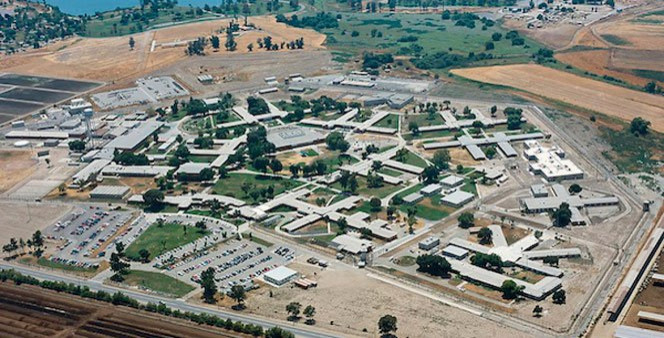Female Inmates Sterilized: California DOC Allegedly Performs Tubal Ligations On At Least 148 Women Without State Approval

An investigation by the Center for Investigative Reporting has revealed that doctors who were under contract with the California Department of Corrections and Rehabilitation sterilized nearly 150 female inmates between 2006 and 2010 in California without state approvals.
According to the report, the doctors performed tubal ligations on at least 148 women, in violation of prison rules. The center further cites state documents and interviews suggesting that there were perhaps 100 more dating back to the later 1990s.
Tubal ligation is a surgical procedure for sterilization in which a woman's fallopian tubes are clamped and blocked, or severed and sealed, either method preventing eggs from reaching the uterus for fertilization. Tubal ligation is considered a permanent method of sterilization and birth control.
A database of contracted medical services for state prisoners, as cited by the center, reveals that from 1997 to 2010 the state paid doctors a total of $147,460 to perform the procedures.
The women were reportedly signed up for the surgery while they were pregnant and housed at either the California Institution for Women in Corona or Valley State Prison for Women in Chowchilla, which is now a men’s prison.
Since 1994, using state funds for the procedure has required approval from top medical officials on a case-by-case basis.
Dr. Ricki Barnett, who tracks medical services and costs for the California Prison Health Care Receivership Corp., told the center that no tubal ligation requests have come before the health care committee responsible for approving such restricted surgeries.
While the restriction has been in place for approximately 16 years, Barnett said that none of the doctors she spoke to thought they needed permission to perform the surgery on inmates.
“Everybody was operating on the fact that this was a perfectly reasonable thing to do,” she said.
Jeffrey Callison, spokesman for the state corrections department, told the center that the department couldn’t comment because it no longer has access to inmate medical files.
© Copyright IBTimes 2024. All rights reserved.





















